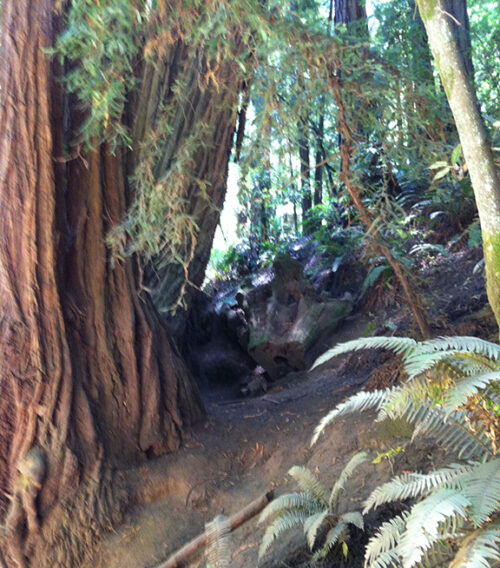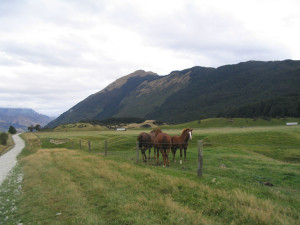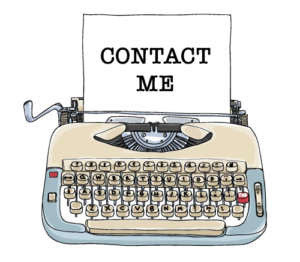
Last week I got lost on my way to synagogue.
If there’s a metaphor here, getting lost also speaks literally to my uncertainty (not to mention the spike in anxiety) when driving someplace unfamiliar. Call me a Wandering Jew (better yet, Goldilocks), but the past few years have found me trying out different options in search of the kind of comfort Jewish New Year services can bring. Changes at the Conservative synagogue I’d been affiliated with sparked a need for moving on. The Reform holiday services (even on the resplendent grounds of Caramoor) didn’t quite cut it. The Chabad variation (at the low-key local Holiday Inn) drew me back a few times. The rabbi is wonderful/warm/welcoming, with his stories and sense of humor. But the separation of men and women, with the implication of sexist exclusion, that goes with the Orthodox tradition doesn’t sit right.
So this year I would finally let my shul shopping take me in a new direction, not around the proverbial corner but close enough.
There was more than one Hallelujah; there was reflection, both communal and personal, and meditation. Almost everyone at the service had a chance to hold the Torah.
The service had the feel of coming home, and I told that to the rabbi, a woman.
I’m a spiritual seeker, yes, and a writer, which has me forever questioning the places our life choices take us. All writers, from the highly successful to those forever struggling for some notice, share common ground: we write because we can’t imagine life any other way; we complete draft after draft, send our work out, contend with rejection. Sometimes we feel a bit at sea, lost in a story that’s not quite finding its flow. More often than not, the effort to get published has us feeling tossed about in a stormy ocean. The metaphor really is no different for anyone working hard at any craft or job, hoping to catch a wave. Doesn’t have to be a big one, as long as it brings a little promise, some relief from treading water.
Comes a moment—call it hitting a wall, watery or otherwise—when we inevitably ask ourselves, is there anything we could have done differently, a proverbial road we missed or dismissed? We question whether to throw in the towel, find something else to occupy our spirits. We take stock of our successes, both on the career and personal fronts.
We pick up on cues, do our best not to misread signs. All of which makes it all the more interesting that I happen to be reading David Orr’s new, enlightening book, The Road Not Taken, in celebration of the 100th anniversary of an iconic poem. As Orr tells it, the popularity of Robert Frost’s poem “appears to exceed that of every other major twentieth-century poem.” In large part, its popularity seems premised on readers taking away a metaphoric message that a close reading of the poem appears to negate. The very title of the poem is often mistaken as “The Road Less Traveled.”
Impressions count for a lot and, let’s face it, don’t we take our messages as we see/need them? What I take away from first readings of a poem, like those first times listening to a new song, is what speaks to me. Closer reading/listening brings to light something not noticed at first glance, and with it, deeper meaning. David Orr’s insights re: the poet himself and the poem definitely have me rethinking what “The Road Not Taken” is ‘about.’ Taking apart the poem, line by line with Orr, I can readily see the speaker standing at a crossroad, projecting choice rather than actually making a decision. And that’s profound enough.

Then I think of the roads I’ve taken, the one that have led me to still other roads, the ones I wish I’d taken instead.
And I can’t help wondering if getting a little lost along the way brings an added dimension to choosing between two diverging paths.

